Obstacles and Bridges:
Understanding and Enhancing Consent in Manual Therapy
Understanding and Enhancing Consent in Manual Therapy

Consent in manual therapy is a critical aspect of clinical practice, ensuring that patients get information material to them and make decisions about the care they want (1–3). Manual therapy, includes hands on techniques as well as approaches based on communication skills to promote behaviour change for wellbeing, activity, and self-management. These approaches often involve physical contact and close interpersonal relationships with patients at times result in significant complaints (4). Receiving informed consent is not only a legal (5) and regulatory requirement but also an ethical obligation (6) to respect patient autonomy, foster trust and support shared decision making. Despite its importance, there is limited research on how consent is obtained and understood in manual therapy settings, particularly in terms of the communication strategies used by practitioners and patients’ perceptions of these interactions.
Email: steven.vogel@uco.ac.uk
The primary aim of this doctoral work is to explore the processes, practices, and impact of receiving consent in manual therapy interactions. Specifically, the project will investigate how consent is communicated and understood by both practitioners and patients, identify obstacles to effective consent, and develop strategies to improve consent practices in manual therapy.
This project is anticipated as a mixed-methods approach.
Literature Review: A systematic, realist or scoping review of existing literature on consent in manual therapy and related fields will be conducted to identify current knowledge gaps and inform the research design.
Qualitative Study: Semi-structured interviews will be conducted with manual therapy practitioners and patients to explore their experiences and perceptions of the consent process. Thematic analysis will be used to identify key themes and insights. Observed and recorded consultations may also be considered as an opportunity to analyse practice and deploy analysis approaches such as discourse and conversation analyses.
Quantitative Study: A survey will be developed based on the findings from the qualitative study and distributed to a larger sample of manual therapy practitioners and patients. Statistical analysis will be used to quantify the prevalence of identified perceptions, behaviours and assess the relationships between different variables.
Outcomes of this project include a detailed understanding of how consent is obtained and understood in manual therapy interactions, identification of obstacles to effective consent, and development of strategies to improve consent practices. The research will be used to inform training programs for manual therapists. Additionally, the findings will be disseminated through academic publications, conference presentations, and workshops to reach researchers, practitioners, and policymakers.
Limited number of studies have explored the possible strategies in ensuring adequate provision of nutrition and physical activity intervention over a period of time which can be influenced by physiological changes. Nevertheless, barriers and challenges in obtaining optimum nutrition and physical activity among ICU survivors remain unclear. Important outcomes include nutritional intake, muscle mass and quality of life. Patient selection of those most likely to benefit from nutritional and physical activity interventions in the post-ICU phase merits specific attention.
This doctoral project has the potential to significantly impact the field of manual therapy by understanding and improving consent practices. By providing a richer understanding of the consent process and identifying strategies to overcome obstacles, the research will contribute to the development of more effective and ethical clinical practice which will support practitioners and address regulatory concerns. Ultimately, this project will contribute to the advancement and promotion of a more patient-centred approach to care.

We have funding available via fee-waiver support for up to three UK home students. Applicants are asked to make it clear as part of their application that they are applying for this opportunity. Decisions will be made based on the excellence of the candidate.
Self-funded students are also welcome to apply for this project. Self-funded students can be UK home students or international students.

Available to both UK and International students.


Copnell G. Informed consent in physiotherapy practice: It is not what is said but how it is said. Physiother (United Kingdom) [Internet]. 2018;104(1):67–71. Available from: https://doi.org/10.1016/j.physio.2017.07.006
Copnell G. Consent and Physiotherapy Practice Consent and Physiotherapy Practice. Physiotherapy. 2018;104:67–71.
Chan SW, Tulloch E, Cooper ES, Smith A, Wojcik W, Norman JE. Montgomery and informed consent: Where are we now? Vol. 357, BMJ (Online). BMJ Publishing Group; 2017.
Fawkes C, Draper-Rodi J. Types of concerns and complaints raised about osteopaths and osteopathic services in 2013 to 2022. Ncor [Internet]. 2023;1–36. Available from: https://www.osteopathy.org.uk/news-and-resources/document-library/complaints/ncor-concerns-and-complaints-report-2013-2022/
Neuberger, Lord, Hale, Lady, Kerr, Lord, Clarke, Lord, Reed, Lord, Wilson, Lord, et al. Montgomery ( Appellant ) v Lanarkshire Health Board (Respondent) (Scotland). Supreme Court; 2015 p. 1–37.
Beauchamp TL, Childress JF. Principles of Biomedical Ethics – Oxford University Press. 2019;512.
Discover and read all the latest news, press releases and happenings here at Health Sciences University.
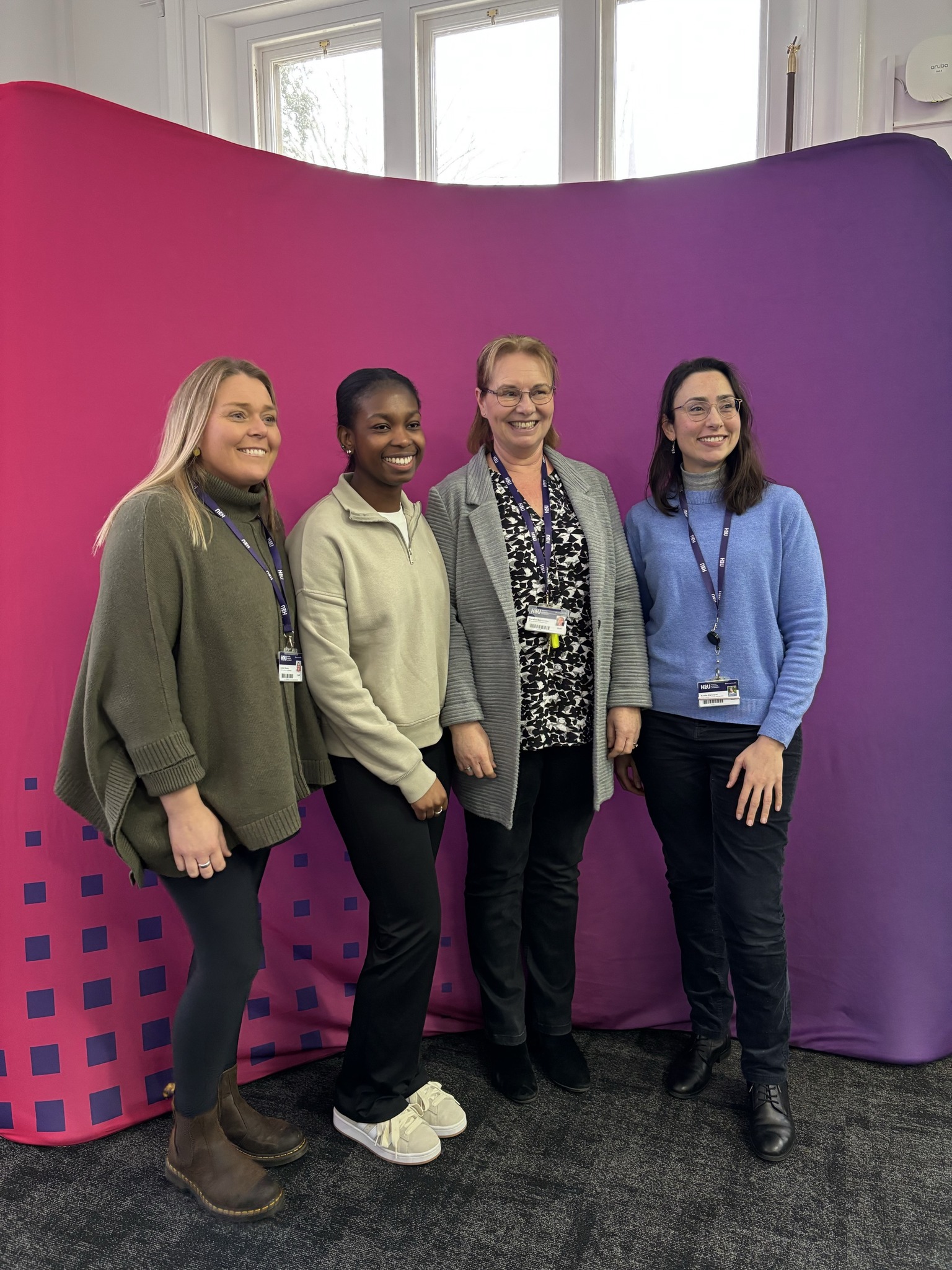
Health Sciences University (HSU) recently hosted a thought-provoking panel discussion in celebration of International Day of Women and Girls in Science.

Dr Mahitha Naidu has recently graduated from the MSc Podiatry (Pre registration) course at Health Sciences University.
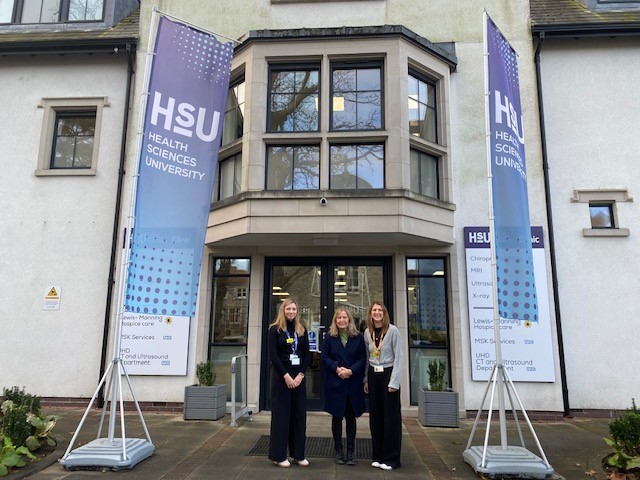
Health Sciences University, in collaboration with Dorset HealthCare, has launched a new Brain Health Clinic on its Bournemouth campus.
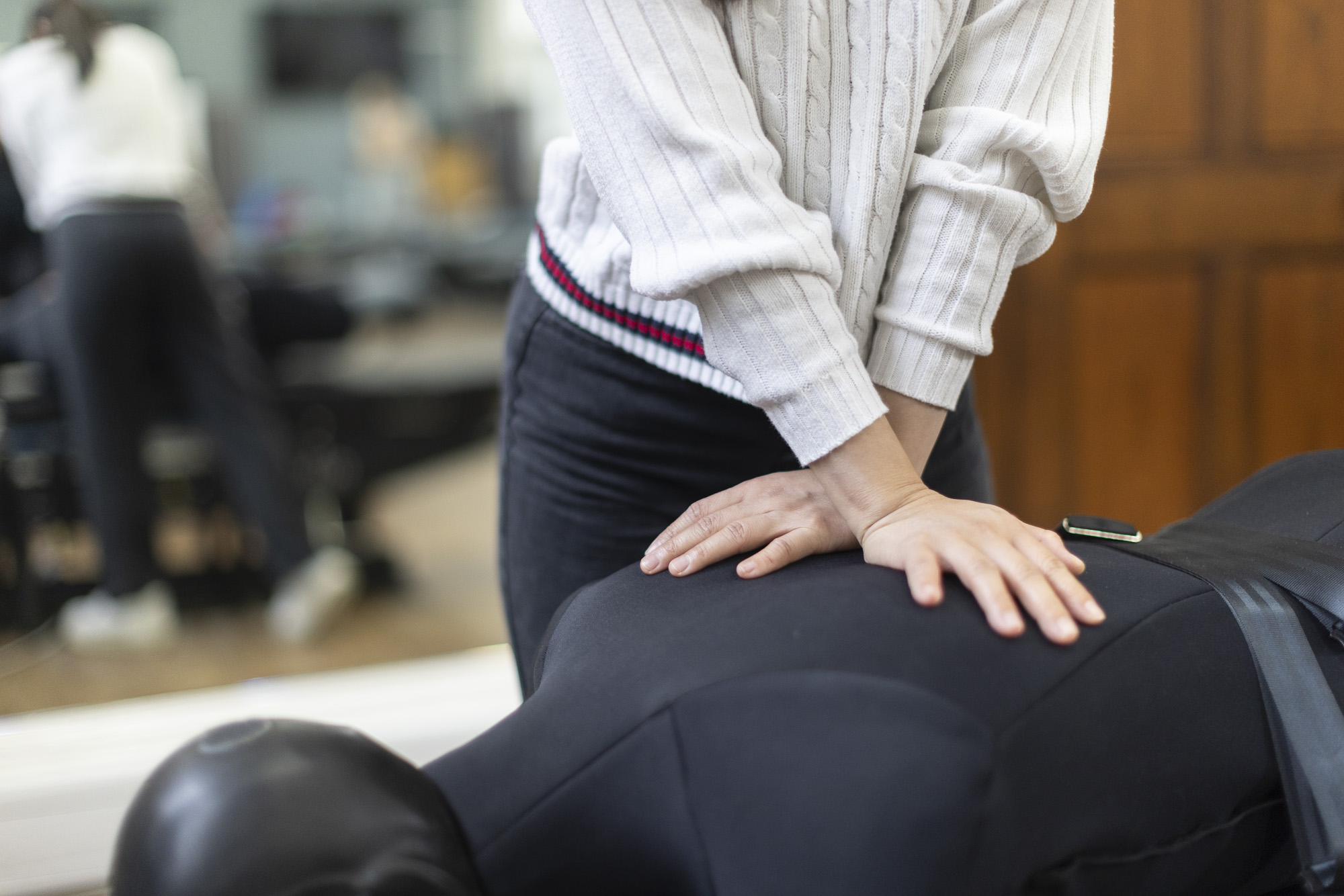
Carla tells us more about her experience of the course so far and what she enjoys about being part of the HSU community.
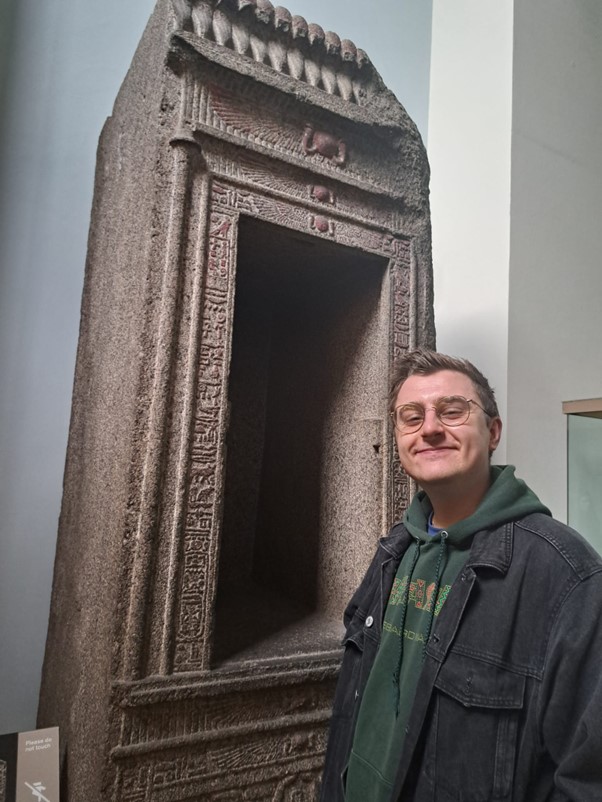
Dan Egelstaff is a First Year student on the MSc Occupational Therapy (pre-registration) course. The degree at Health Sciences University appealed to Dan when he was working as a Learning Disabilities Support Worker during the Covid-19 pandemic.
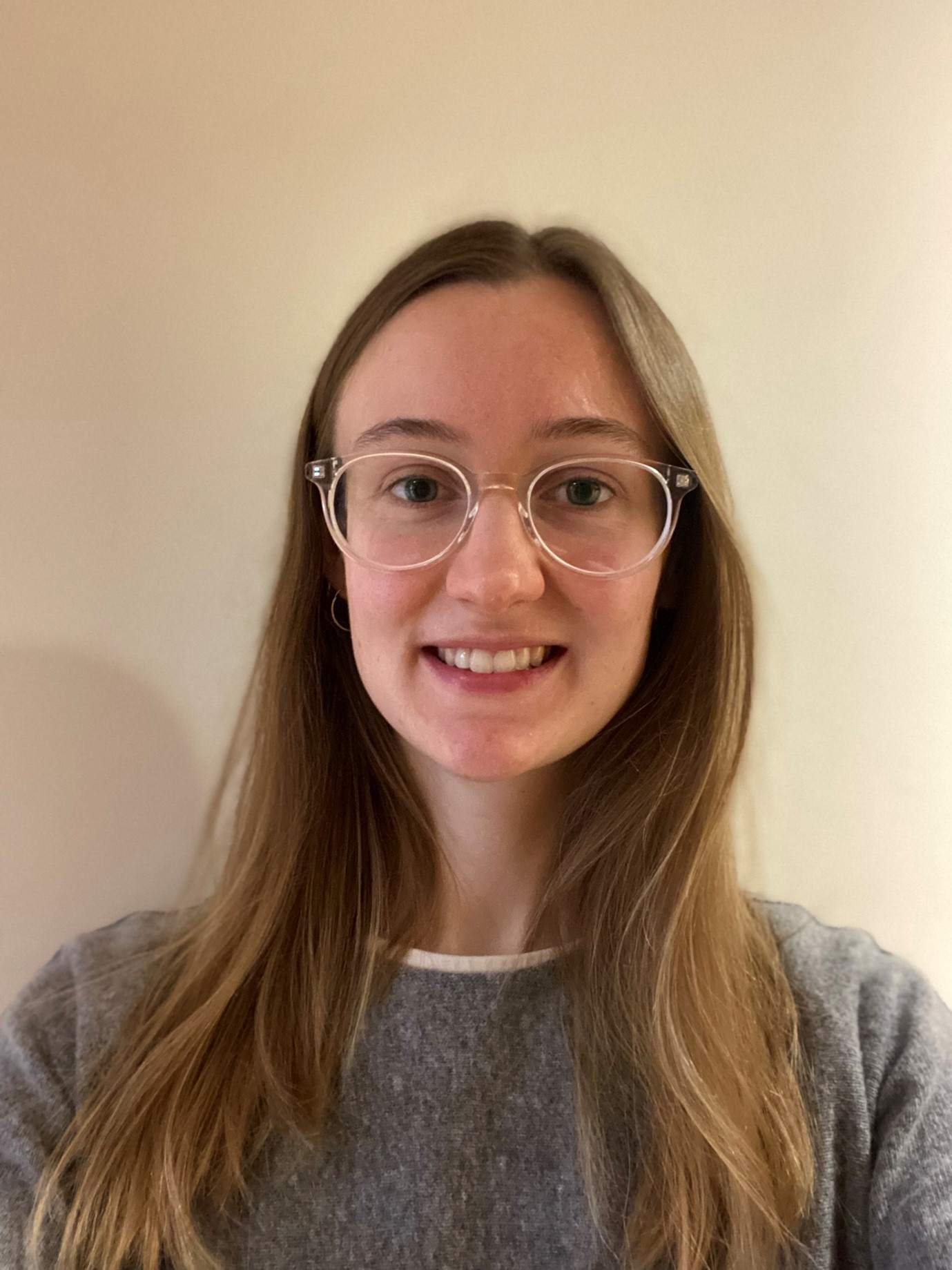
Natalia Purkiss is in her first year of the MSc Occupational Therapy (pre-registration) course at Health Sciences University.
Health Sciences University
Bournemouth Campus
Parkwood Road
Bournemouth
BH5 2DF
Health Sciences University
London Campus
275 Borough High Street,
London
SE1 1JE